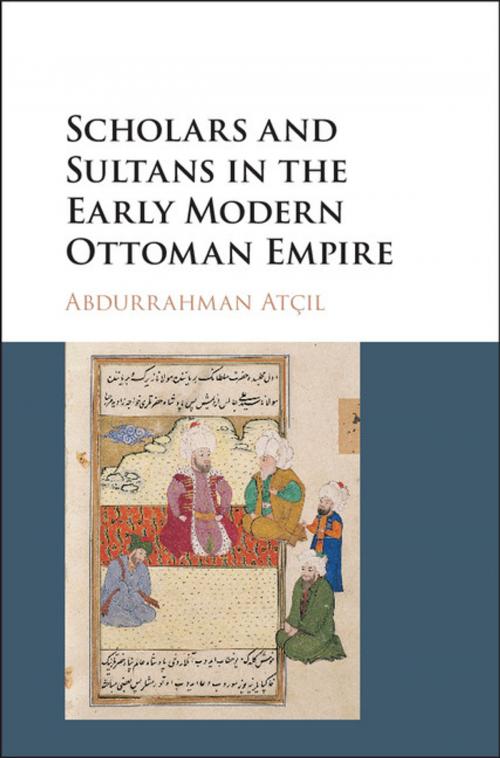| Author: | Abdurrahman Atçıl | ISBN: | 9781108106047 |
| Publisher: | Cambridge University Press | Publication: | November 24, 2016 |
| Imprint: | Cambridge University Press | Language: | English |
| Author: | Abdurrahman Atçıl |
| ISBN: | 9781108106047 |
| Publisher: | Cambridge University Press |
| Publication: | November 24, 2016 |
| Imprint: | Cambridge University Press |
| Language: | English |
During the early Ottoman period (1300–1453), scholars in the empire carefully kept their distance from the ruling class. This changed with the capture of Constantinople. From 1453 onwards, the Ottoman government co-opted large groups of scholars, usually over a thousand at a time, and employed them in a hierarchical bureaucracy to fulfill educational, legal and administrative tasks. Abdurrahman Atçıl explores the factors that brought about this gradual transformation of scholars into scholar-bureaucrats, including the deliberate legal, bureaucratic and architectural actions of the Ottoman sultans and their representatives, scholars' own participation in shaping the rules governing their status and careers, and domestic and international events beyond the control of either group.
During the early Ottoman period (1300–1453), scholars in the empire carefully kept their distance from the ruling class. This changed with the capture of Constantinople. From 1453 onwards, the Ottoman government co-opted large groups of scholars, usually over a thousand at a time, and employed them in a hierarchical bureaucracy to fulfill educational, legal and administrative tasks. Abdurrahman Atçıl explores the factors that brought about this gradual transformation of scholars into scholar-bureaucrats, including the deliberate legal, bureaucratic and architectural actions of the Ottoman sultans and their representatives, scholars' own participation in shaping the rules governing their status and careers, and domestic and international events beyond the control of either group.















